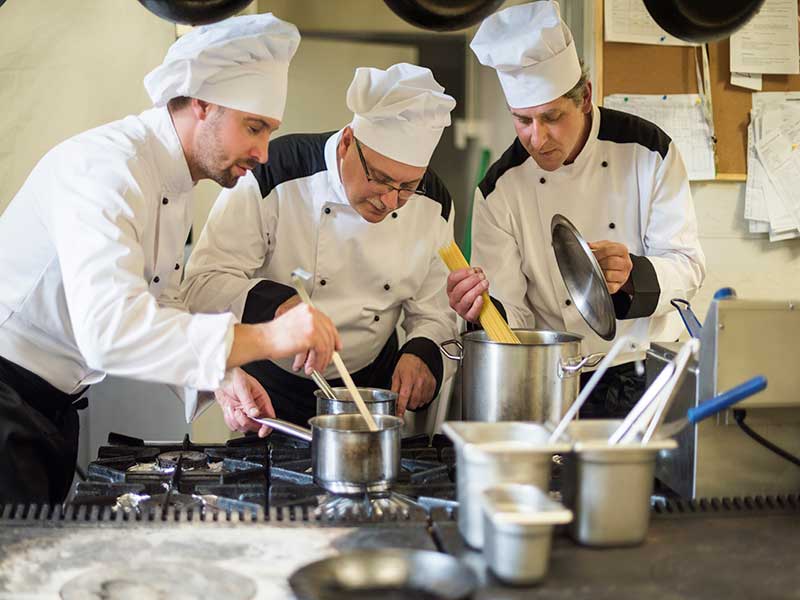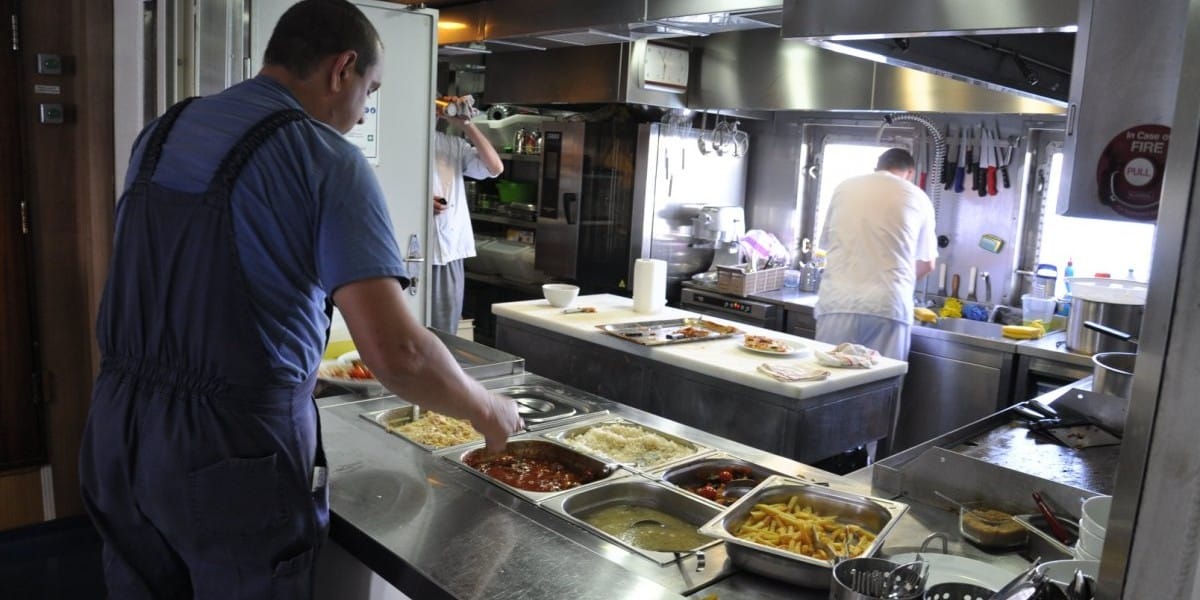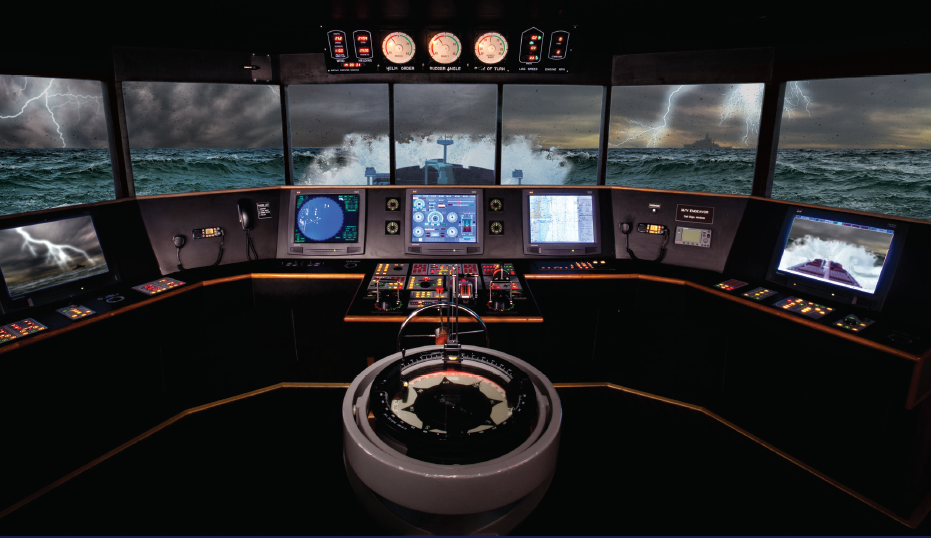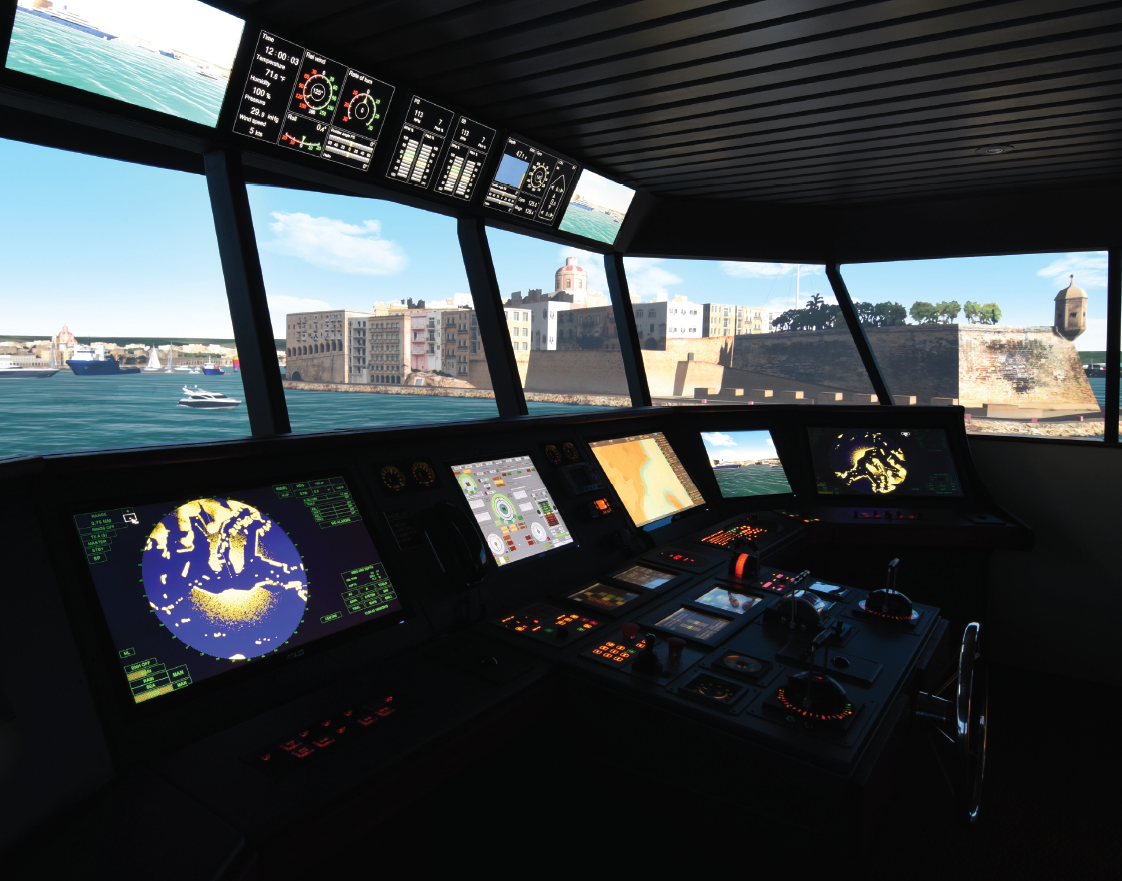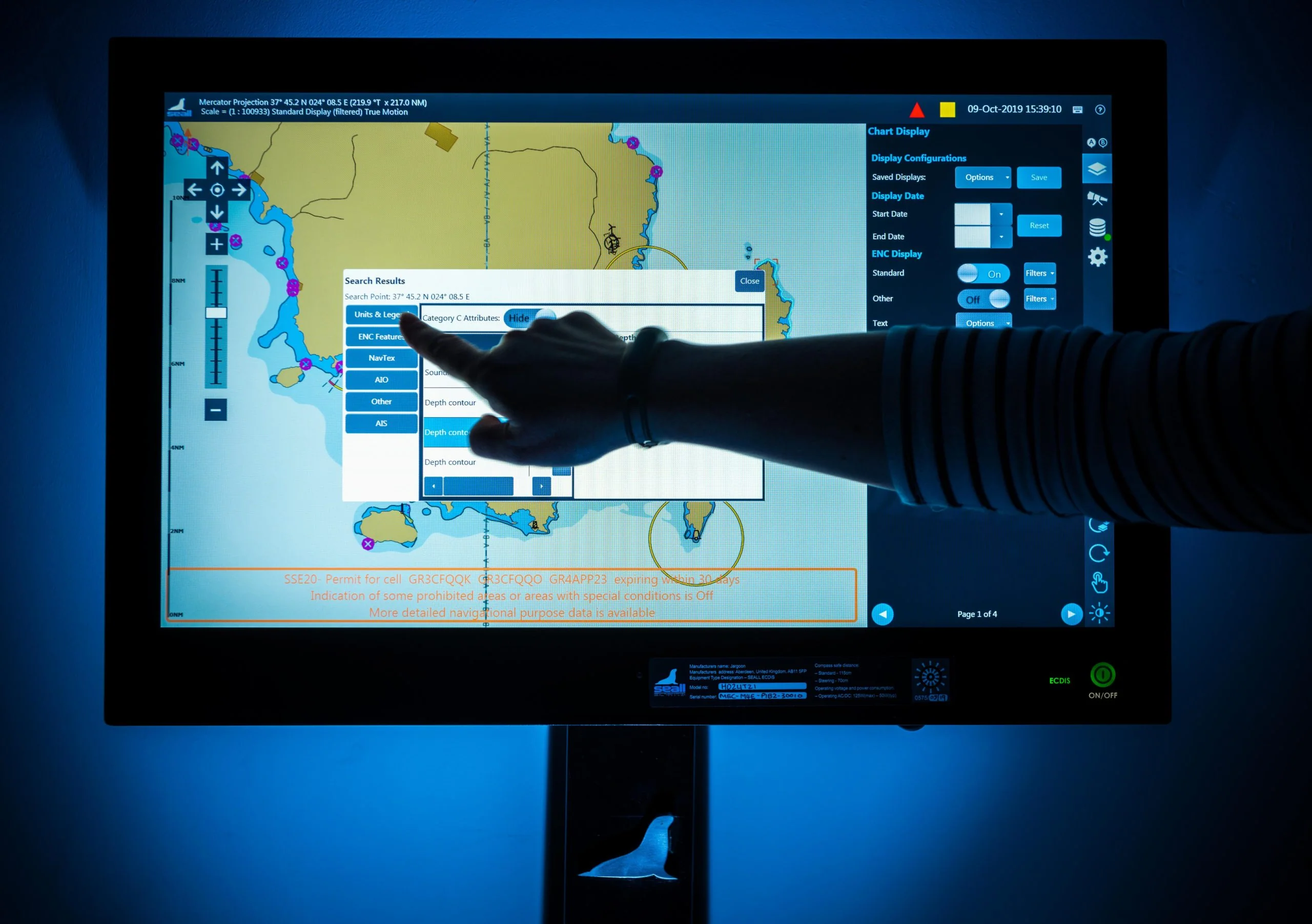The main part of the CCMC course in Mumbai, the maritime food and hygiene course, also known as a maritime food safety course or maritime galley hygiene course, is designed to provide individuals working in the maritime industry, particularly onboard ships and vessels, with the necessary knowledge and skills to handle, prepare, and serve food safely and hygienically. These courses are essential to ensure the health and well-being of crew members and passengers and to prevent foodborne illnesses in a maritime setting.
The CCMC course in Mumbai typically covers the following topics:
- Food Safety Regulations: Understanding international and national regulations related to food safety and hygiene in the maritime industry.
- Microbiology and Contamination: Learning about microorganisms, sources of contamination, and ways to prevent cross-contamination.
- Personal Hygiene: Emphasizing the importance of personal hygiene practices for food handlers, including proper handwashing, wearing appropriate clothing, and maintaining cleanliness.
- Food Storage: Proper storage techniques to prevent food spoilage and maintain food quality.
- Food Preparation: Safe methods for preparing, cooking, and handling food to prevent the growth of harmful bacteria.
- Cleaning and Sanitization: Techniques for cleaning and sanitizing food preparation areas, equipment, utensils, and serving areas.
- Pest Control: Strategies to prevent and manage pest infestations in food storage and preparation areas.
- Allergen Management: Identifying common allergens, understanding allergen labelling, and preventing cross-contact of allergens.
- Temperature Control: Maintaining proper temperatures for food storage and cooking to prevent bacterial growth and foodborne illnesses.
- Waste Management: Proper disposal of food waste and other materials to maintain a clean and safe environment.
- HACCP (Hazard Analysis and Critical Control Points): Understanding the principles of HACCP, a systematic approach to identifying and controlling food safety hazards.
- Emergency Preparedness: Procedures to follow in case of foodborne illness outbreaks or other emergencies related to food safety.
- Documentation and Record-Keeping: Keeping accurate records of food safety practices and inspections.
In the CCMC course in Mumbai, maritime food and hygiene courses are typically designed to meet the specific needs and challenges of working in a maritime environment, where factors such as limited resources, confined spaces, and the movement of the vessel can impact food safety practices. Upon completion of the course, participants may receive a certification or a qualification that demonstrates their competence in maritime food safety and hygiene.
It’s important for individuals working in the maritime industry, especially those involved in food handling and preparation, to undergo such training to ensure the safety and well-being of all onboard.
To know more about the Food and Hygiene Course, contact Girik Institute of Maritime Studies at:
Mobile: +91-7208482484 / 8828102586
Landline No: +91-22-41272900 / 49243022
Email Id: courses@girikworld.com

